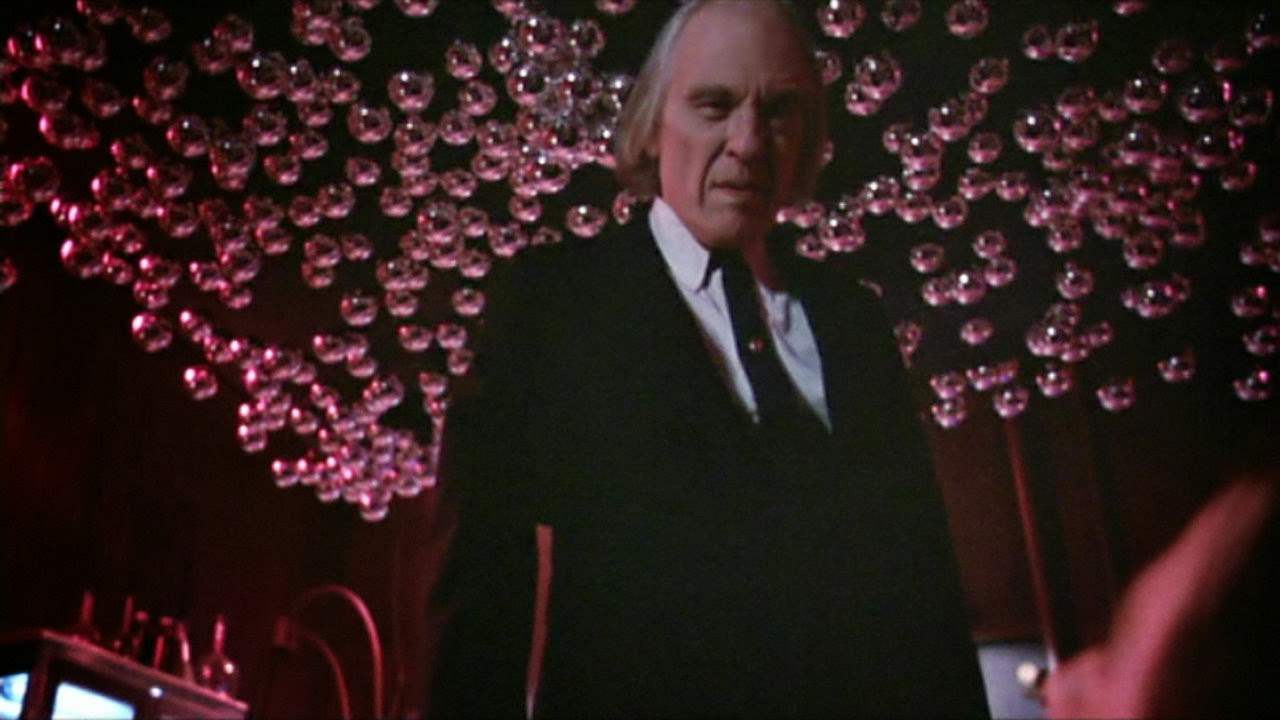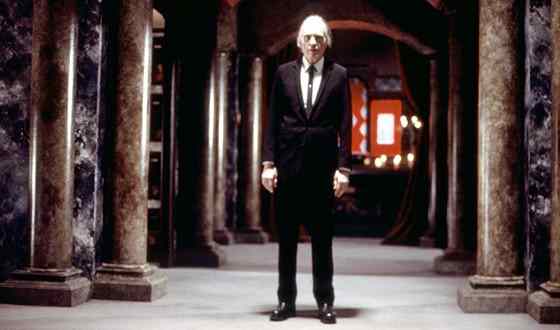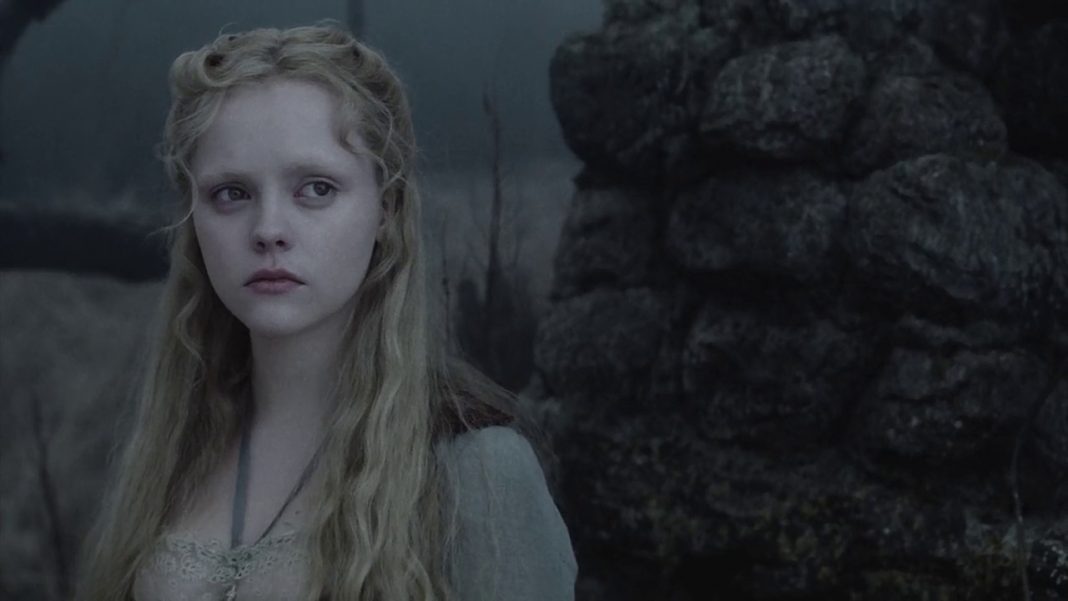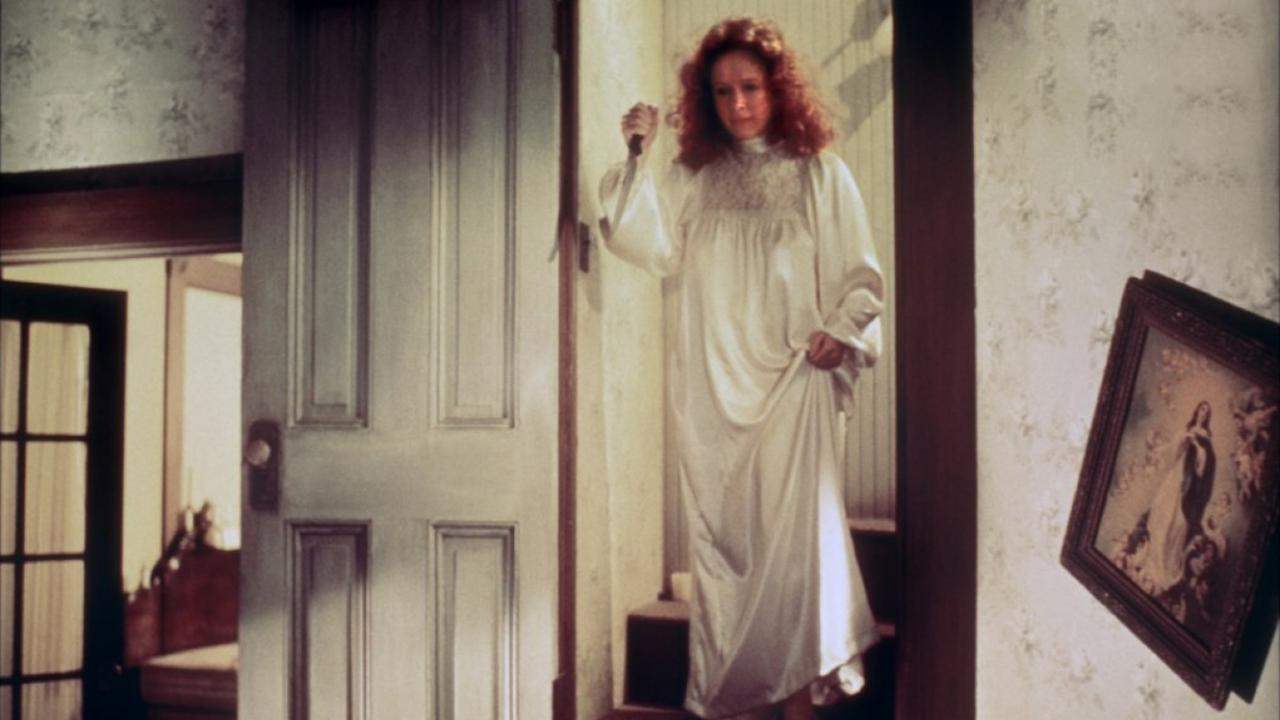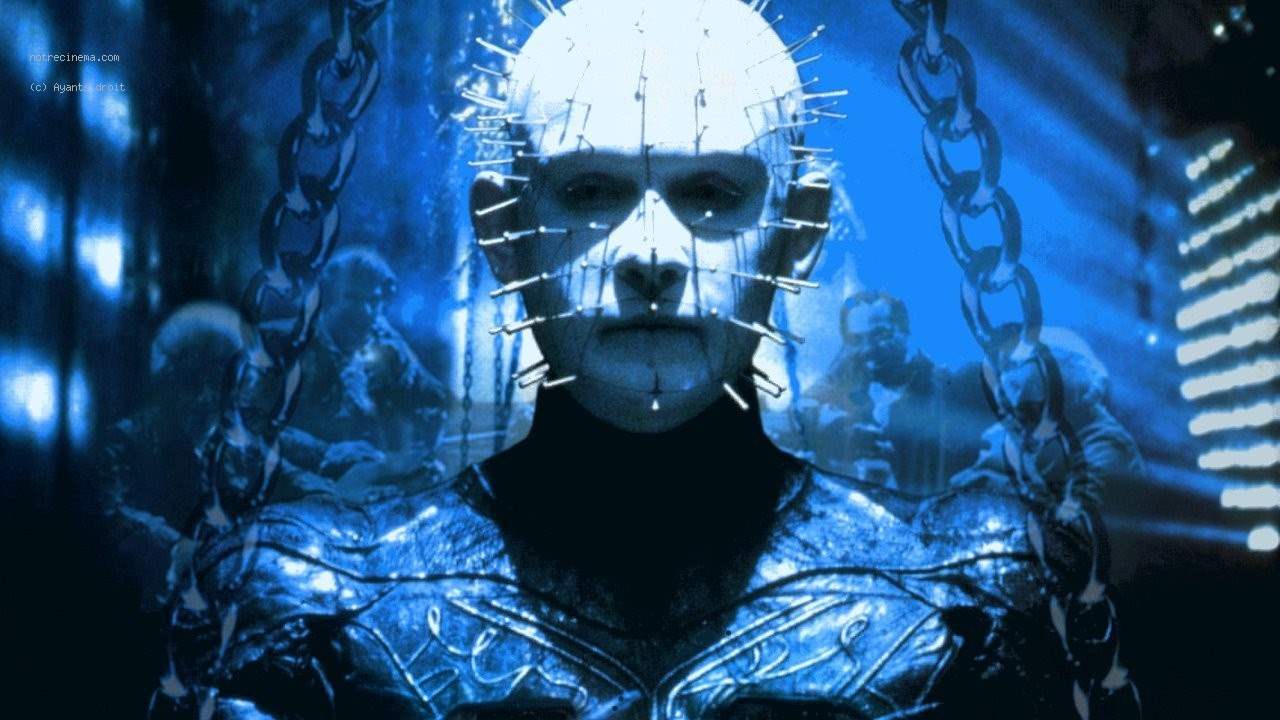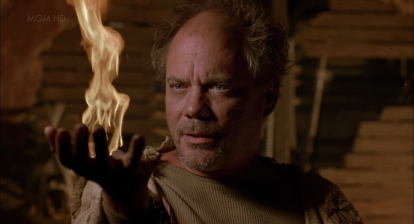Phantasm is widely considered to be a horror classic. Even people who haven’t necessarily seen it are aware of the name. Released in 1979, it was one of the first features from director Don Coscarelli, who has become known as a master of horror in the decades since its release, directing the Phantasm sequels as well as hits like Beastmaster, Bubba Ho-Tep and John Dies at the End.
The first film is a classic for a lot of reasons, including what it accomplishes with a small budget, the sheer imaginativeness of the story itself, and especially the characters, in particular the eerie Tall Man who would already be considered a horror icon by the time Phantasm II rolled around. Watching it the first time, Phantasm is bizarre, surreal and occasionally hard to follow. There are a few reasons for this. One is the fact that the original cut of Phantasm ran nearly four hours long and a great deal of character and story material was cut out. Then, you have to take into account that this is a story so unique that most people aren’t sure what to make of it the first time around. A mortician who is actually a being from another dimension shrinks and reanimates the dead for use as slave labor on another world. Instead of a knife or a chainsaw as a weapon, the Tall Man is armed with deadly silver spheres, like flying Swiss Army Knives with many built-in weapons of their own.
The great success of the original Phantasm is that it is as close as any film can come to truly playing out like a nightmare. It moves from scene to scene, image to image, without really questioning too much of what’s going on. Mike is the only one intimately aware of his surroundings, the only one who is truly aware of what’s going on, or at least as aware as anyone can be given the circumstances. He knows that there is something strange going on at the funeral home and is determined to know what it is. But the discoveries of the first feature only lead to more questions, which is one of the most interesting things about it.
 Who is the Tall Man? Why is he doing this? Where does he come from? What is his interest in Mike and what does he want from him? These are not questions that simply set up the sequel, but the entire series. More than any other horror franchise, Phantasm truly unfolds with each new entry. It’s all one story and we just get more of it each time, like chapters in a book.
Who is the Tall Man? Why is he doing this? Where does he come from? What is his interest in Mike and what does he want from him? These are not questions that simply set up the sequel, but the entire series. More than any other horror franchise, Phantasm truly unfolds with each new entry. It’s all one story and we just get more of it each time, like chapters in a book.
Phantasm II is bigger, louder and funnier than the first. It’s horror/action. It’s a road movie. A lot of people gravitate toward it because it’s more accessible than the first in some ways, not as choppy or bizarre. Mike is a lot older in this sequel, played by another actor for the first and only time in the series. Reggie loses his entire family pretty quickly near the beginning and then has nothing left and that sets up the dynamic between the characters very well. Mike and Reggie have nothing but each other and that’s what carries them from film to film. Everyone around Mike has died. His parents, his brother, he won’t let him take Reggie and Reggie will do everything in his power to prevent the Tall Man from fulfilling whatever his plans are with Mike.
To fans of the series, this sounds obvious, but it wasn’t all that present in the first movie. Reggie wasn’t in the first that much and most of his scenes were with Mike’s brother, Jody. The second film really strengthens the bond between these two characters, which builds and builds throughout the series.
Phantasm III: Lord of the Dead is my personal favorite of the franchise. It builds on everything that the second brought to the table. It’s an excellent blend of action, horror and humor. It adds to the overall story by clearly showing and focusing on the fact that the Tall Man has very special plans for Mike, plans that are still not all the way clear. It also showcases the world that these characters inhabit in a way we hadn’t seen before in the franchise. The Tall Man is winning. He’s claiming more and more towns, leaving deserted ghost towns in his wake. The people Mike and Reggie meet on their travels don’t necessarily know what’s going on, but they know something us up. It has a unique tone that no other series really has, where it feels like a near-apocalypse rather than a post-apocalypse. The end isn’t here, but everyone can sense it coming.
Phantasm IV: Oblivion is considered by some to be the weakest of the franchise and if it is, then that is the mark of a compelling franchise because there are still some very interesting elements in Oblivion. In fact, it comes the closest of any of the sequels to recapturing the tone and style of the first. Not only does it maintain that surrealist sensibility and the feeling as if anything can happen at any moment, but it actually makes use of a lot of the footage that was cut out of the first film. There are a lot of flashbacks to Mike’s youth and those early encounters with the Tall Man, but it manages to not feel like a clip show because these are all scenes that we’ve never seen before.
Oblivion ends on a cliffhanger, one we’ve been hanging on for almost twenty years. Phantasm: Ravager promises to be the final chapter in the franchise and I think it probably will be. It remains to be seen how many questions it will actually answer, but it will certainly be as many as Coscarelli and Co. would want to be answered, so I can take comfort in that. It’s been a long journey with this series and many other people have traveled that road longer than I have. Since 1979 the series has evolved from a brooding, atmospheric little movie to an out-and-out true horror epic. It’s been a fascinating transition to watch and, as bittersweet as it may be, will hopefully be brought to a fascinating end as well.
